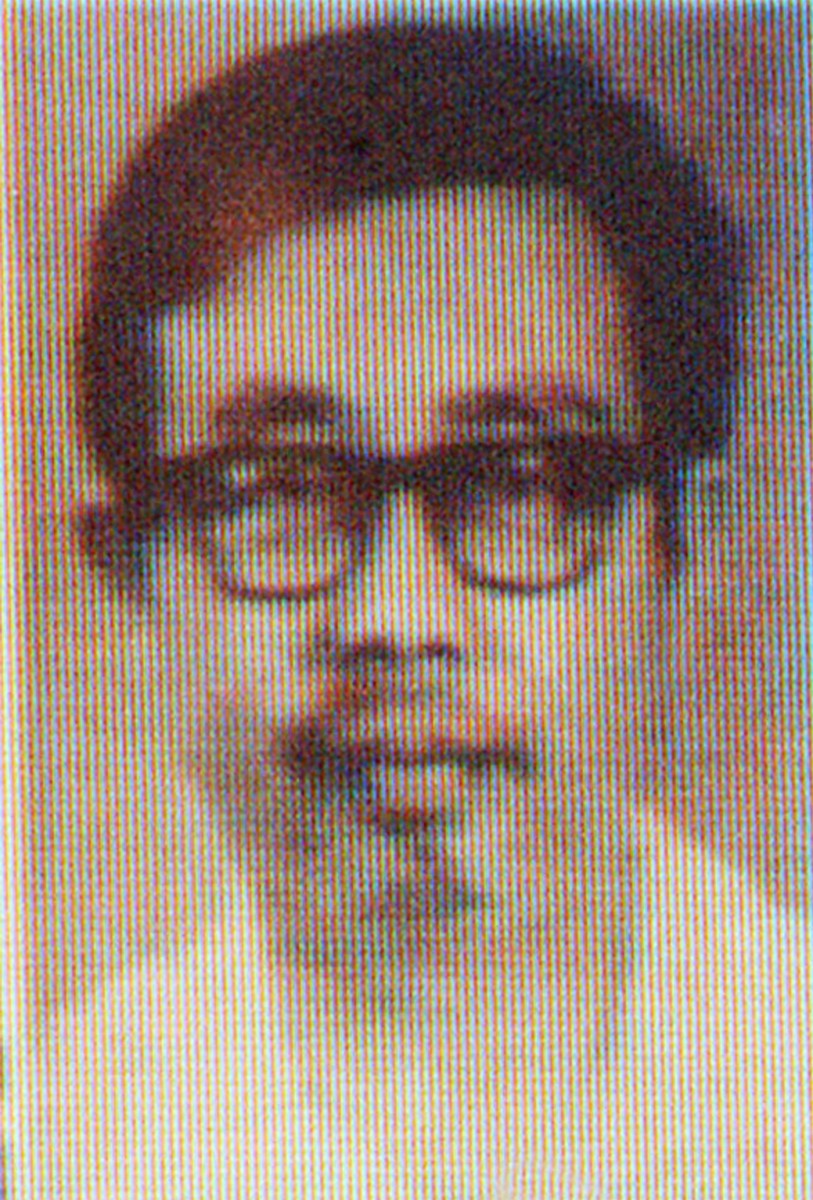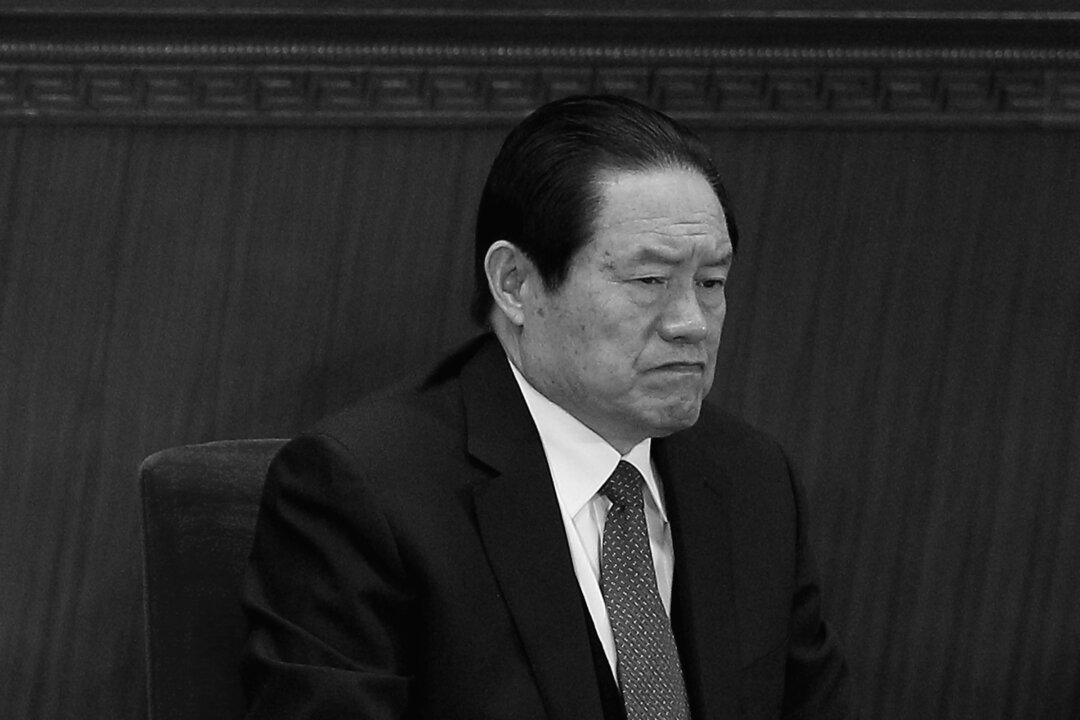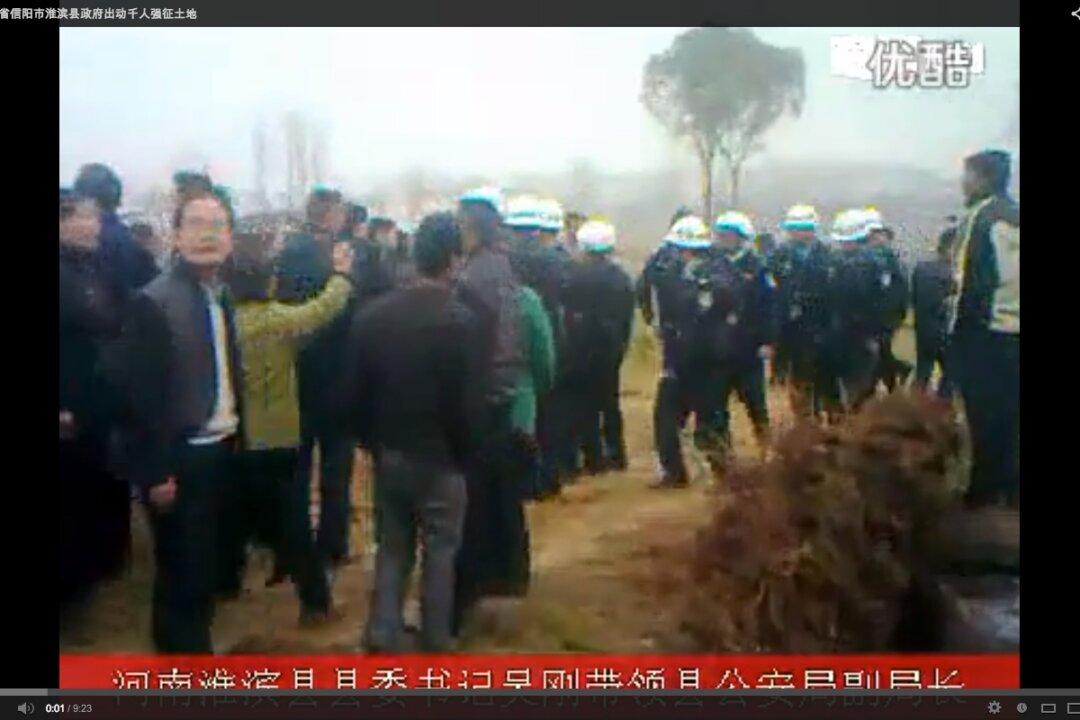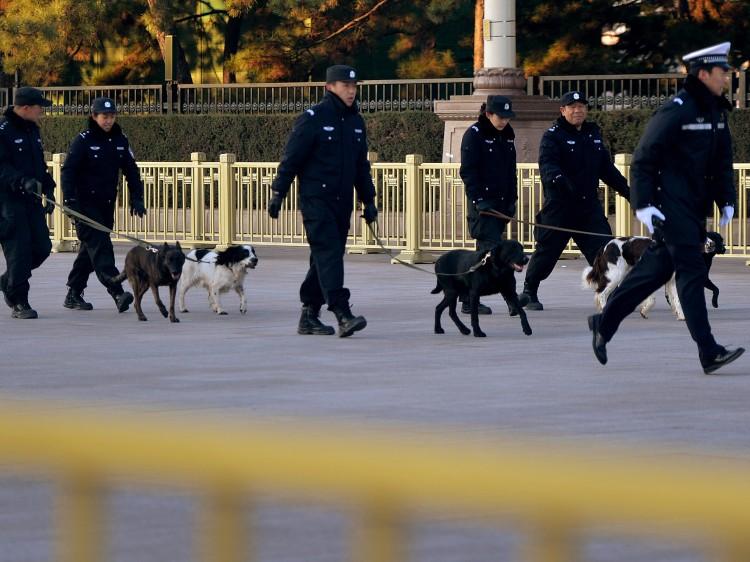Fang Lizhi, a well-known Chinese democracy and human rights advocate, died on April 6 in the United States. He was 76 years old. Fang Lizhi is sometimes referred to as “China’s Sakharov” and the spiritual leader of the June 4 student democracy movement--his death once again calls to mind the unresolved political tension surrounding the Tiananmen Square massacre.
During the lead up to the June 4, 1989 incident, Fang Lizhi, a well-known physicist in China, supported the students’ appeal for democracy. The night after the massacre, on June 5, 1989, Fang and his wife, Li Shuxian sought refuge at the U.S. embassy in Beijing and were granted asylum. After remaining in the embassy for one year, Fang Lizhi moved to the United States with his wife and served as an astrophysics professor at the University of Arizona. While living in the United States, Fang Lizhi also served as the co-chair of Human Rights in China.
Wang Dan, student leader of the 1989 movement, told BBC News that Fang Lizhi was a pioneer of democracy and human rights in China, as well as the spiritual symbol of the student movement during the 1980s. When Mr. Fang served as the vice-president of the University of Science and Technology of China in 1986, he openly promoted the 1986 student democracy protests. Wang Dan pointed out that Fang was not actually in Beijing when the 1989 student movement occurred. Mr. Fang was accused of being a “black hand” behind the June 4th incident by regime authorities.
How many were killed by the regime on June 4 is still unknown. The Chinese Communist Party (CCP) declared in the People’s Daily that 298 residents died and 5,000 students were injured. Several years later, the Chinese Academy of Social Sciences reported that over 500 people were killed. However, according to a book by a former Red Cross president published in Hong Kong, the Red Cross received over 900 bodies and over 8,000 people injured. Zhang Jian, a pro-democracy activist residing in France, estimated that a 50 percent survival rate would be considered optimistic, because blood for transfusion had been exhausted due to the high number of injuries. Thus he feels a conservative estimate of the death toll would be over 4,000.
The June 4th incident has been deliberately played down by Chinese communist authorities for decades and is still politically taboo in China. However, recently the Bo Xilai scandal has brought to the fore infighting and ideological disagreements among CCP leaders. According to several reports, Chinese prime minister Wen Jiabao urged a reevaluation of the June 4th incident in private Party meetings.
Read the original Chinese article.





